The Health Benefits of Goat Cheese: Why You Should Add It to Your Diet
 Above Picture: Goat cheese with a glass of goat milk and goat yogurt, styled with herbs, figs, and honey on a rustic wooden board.
Above Picture: Goat cheese with a glass of goat milk and goat yogurt, styled with herbs, figs, and honey on a rustic wooden board.
Goat milk, cheese, and yogurt aren’t just substitutes for cow dairy—they bring their own unique nutritional advantages. Rich in vitamins, minerals, healthy fats, and probiotics, goat dairy can support digestion, boost immunity, and even improve bone and skin health.
One of its biggest strengths lies in its digestibility: the fat globules in goat milk are smaller than in cow’s milk, making it easier for the body to break down. It also contains slightly less lactose, which means many people who struggle with cow dairy find goat dairy gentler on their stomach.
Beyond digestion, goat cheese and yogurt deliver high-quality protein, calcium, and essential fatty acids that nourish your body while supporting long-term health. With its creamy texture and tangy flavor, goat cheese can be a versatile addition to both savory and sweet dishes, making it an easy (and delicious) upgrade to your diet.
👉 “Find more healthy eating tips and nutritious recipes on the BookOfFoods blog.
Easy on Digestion

Above Picture: Glass of goat milk and a bowl of goat yogurt with berries, symbolizing easy digestion and gut-friendly nutrition.
Goat dairy is often easier on the digestive system thanks to its unique structure and composition. Unlike cow’s milk, goat’s milk contains lower levels of alpha-S1-casein, a protein that can trigger digestive discomfort in sensitive individuals. As a result, it’s less likely to cause bloating, cramping, or general stomach upset.
Another advantage lies in the fat structure: the smaller fat globules in goat milk form a softer curd in the stomach, making it easier to break down. It’s also rich in medium-chain triglycerides (MCTs), which are quickly absorbed and converted into energy, rather than stored as fat.
For those with mild lactose intolerance, goat milk can be a gentler option. While it still contains lactose, the amount is slightly lower than in cow’s milk, and many people find it more tolerable.
💡 Tip: Try swapping your regular milk with goat milk in coffee or cereal, or add goat yogurt to your breakfast routine. The natural probiotics in yogurt will give your gut an extra boost for digestion and overall health.
Supports Bone Health
 Above Picture: Goat milk and goat cheese with nuts and greens, representing nutrients that support strong bones and bone health.
Above Picture: Goat milk and goat cheese with nuts and greens, representing nutrients that support strong bones and bone health.
Goat dairy is naturally rich in calcium, phosphorus, and vitamin D—the key nutrients needed to maintain strong, healthy bones and reduce the risk of osteoporosis. What sets it apart is its high calcium bioavailability, meaning your body can absorb and utilize calcium from goat milk more efficiently compared to cow’s milk or many plant-based alternatives .
The calcium-to-phosphorus ratio in goat milk further enhances absorption, while essential minerals like zinc and magnesium support bone metabolism and strength. These qualities make goat dairy particularly valuable for older adults and postmenopausal women, groups most vulnerable to bone density loss.
💡 Tip: Incorporate goat milk into your daily diet—drink it plain, blend it into smoothies, or enjoy goat cheese and yogurt in salads and desserts for an easy way to fortify bone health.
Boosts Immune System Function
 Above Picture: Goat yogurt topped with fruit, nuts, and honey, representing probiotics and nutrients that boost immune system function.
Above Picture: Goat yogurt topped with fruit, nuts, and honey, representing probiotics and nutrients that boost immune system function.
Goat dairy—especially yogurt—is packed with probiotics like Lactobacillus and Bifidobacterium, which play a key role in supporting gut health and, in turn, strengthening the immune system. Since much of our immune resilience is linked to the gut microbiome, maintaining a balance of beneficial bacteria helps the body ward off infections and reduce inflammation.
Goat milk is also a natural source of selenium, an antioxidant mineral that enhances the body’s ability to fight oxidative stress and protect against illness. Together, these compounds make goat dairy a powerful ally for long-term immune health.
💡 Tip: Start your day with a bowl of goat yogurt topped with fruit, nuts, or seeds—or blend it into a smoothie for a creamy, probiotic-rich, immune-boosting treat.
Nourishes the Skin
 Above Picture: Goat milk with skincare products and natural herbs, symbolizing hydration and skin-nourishing benefits.
Above Picture: Goat milk with skincare products and natural herbs, symbolizing hydration and skin-nourishing benefits.
Goat milk naturally contains vitamins A and E, two powerful nutrients that support skin repair, hydration, and defense against free radical damage. Thanks to its pH level being close to that of human skin, goat milk is gentle and soothing, making it particularly beneficial for sensitive or eczema-prone skin.
It also provides lactic acid, a mild exfoliant that helps remove dead skin cells and promotes a smoother, brighter complexion. This combination of nourishment and exfoliation makes goat dairy a beauty booster from both the inside and outside.
💡 Tip: Drink goat milk regularly to nourish your skin from within, and explore goat milk-based skincare products—such as soaps, lotions, or creams—for external hydration and soothing relief.
Supports Weight Management

Above Picture: Skimmed goat milk and low-fat goat cheese with a salad, representing goat dairy’s role in healthy weight management.
Goat dairy is nutrient-dense yet relatively low in calories, making it an excellent option for those aiming to manage or reduce weight. Its balance of protein and healthy fats promotes satiety, which helps curb hunger and prevent overeating throughout the day.
Another advantage is its content of conjugated linoleic acid (CLA), a fatty acid that research has linked to improved fat metabolism and potentially reduced abdominal fat. While more studies are needed, early evidence suggests goat dairy could play a supportive role in healthy weight management.
💡 Practical Tip: Choose low-fat goat dairy options like skimmed goat milk or reduced-fat goat cheese, and use them in soups, smoothies, or as light snacks to add nutrition without excess calories.
Beyond the Basics: Sustainability and Added Benefits
Goat dairy is also a more sustainable choice. Compared to cattle, goats require fewer resources—such as water, land, and feed—resulting in a lower carbon footprint (Haenlein, 2004). Choosing goat milk products can therefore support not only your health but also the planet.
Nutritionally, goat dairy provides added benefits beyond calcium and protein. It is a good source of potassium, which helps regulate blood pressure, and iron, which supports oxygen transport in the body. These extra minerals make goat dairy a well-rounded addition to your diet.
Making Goat Dairy Part of Your Life
Incorporating goat dairy is easy and versatile. Simply swap cow milk, cheese, or yogurt with goat-based versions in your favorite recipes. Goat yogurt makes a creamy base for smoothies or salad dressings, while goat cheese can elevate everything from salads to pizzas.
For the greatest benefit, choose high-quality, sustainably sourced products, such as those from farms dedicated to animal welfare and eco-friendly practices. Even small, intentional substitutions can make a big impact on your health and the environment.
Conclusion
 Above Picture: Goat cheese, goat milk, and goat yogurt with fruits and herbs, symbolizing the wide health benefits of goat dairy.
Above Picture: Goat cheese, goat milk, and goat yogurt with fruits and herbs, symbolizing the wide health benefits of goat dairy.
Goat dairy is more than just a trendy alternative—it’s a nutritional powerhouse. From aiding digestion and supporting bone health to boosting immunity, nourishing skin, and helping with weight management, goat milk, cheese, and yogurt deliver impressive benefits backed by scientific research.
By making goat dairy a regular part of your meals, you’re not just enhancing your nutrition—you’re also choosing a more sustainable and delicious way to support long-term health.



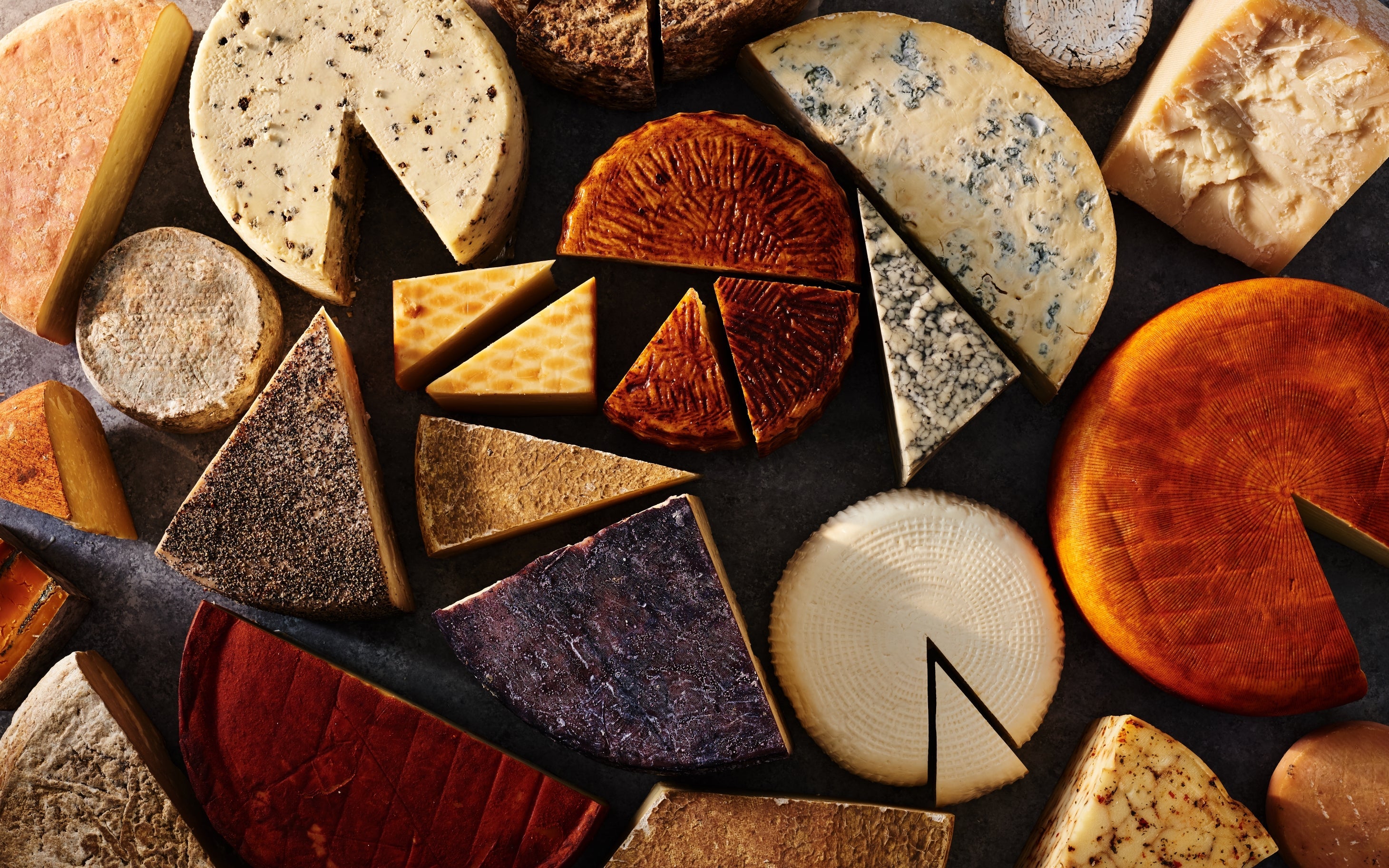
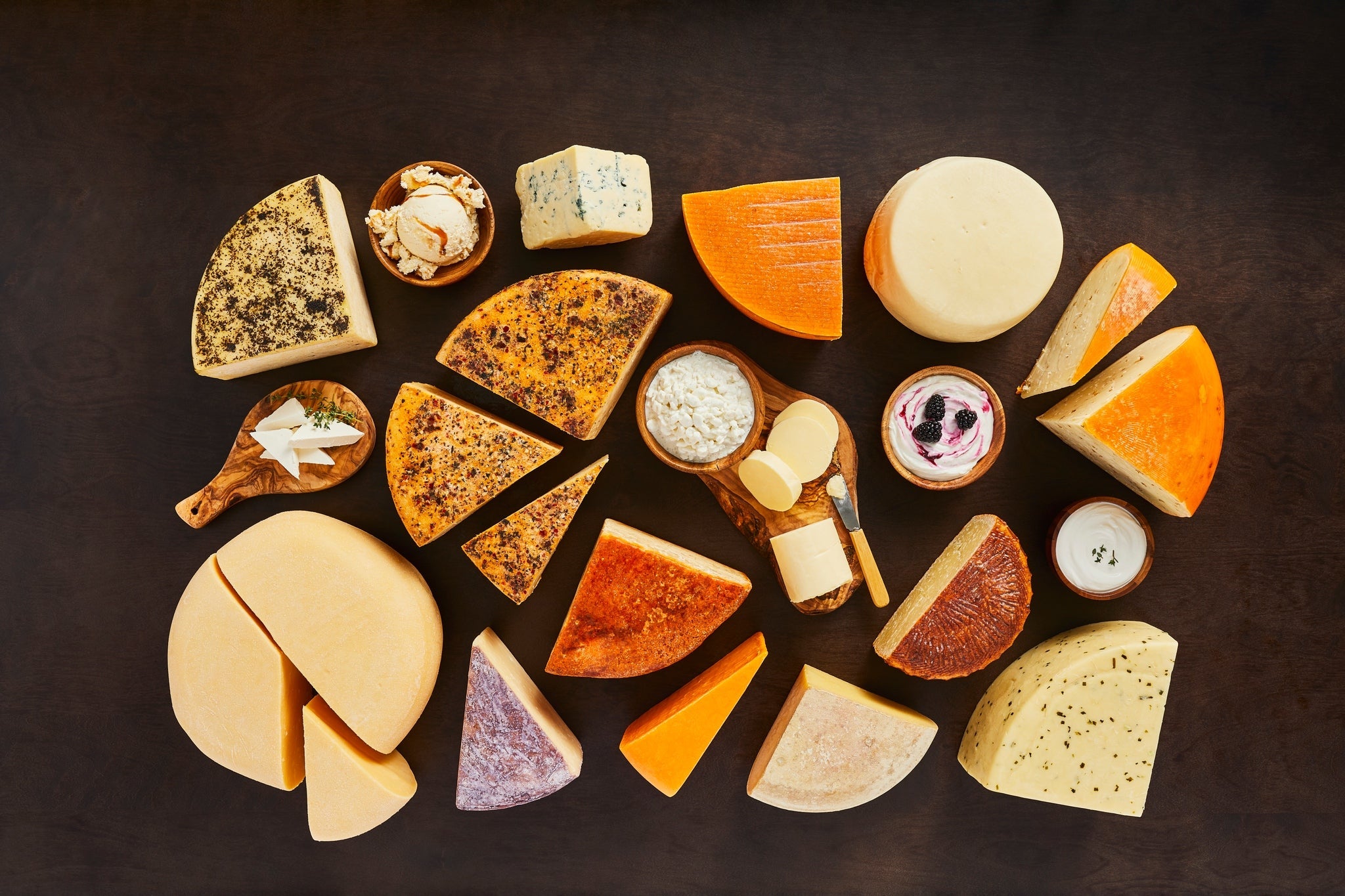



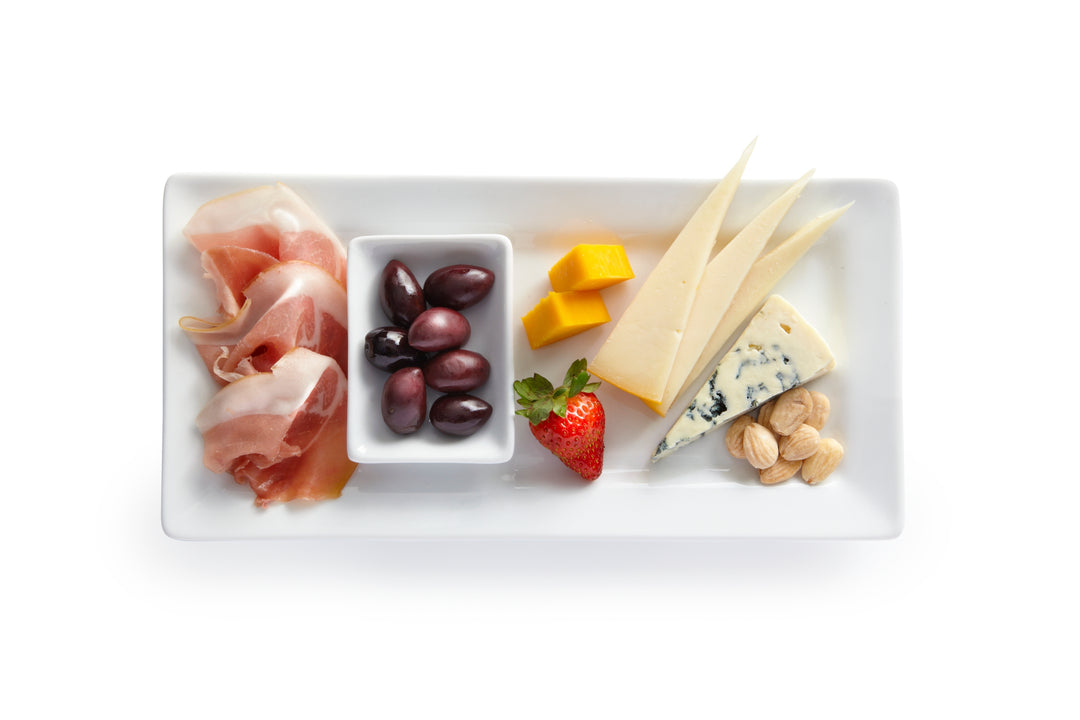
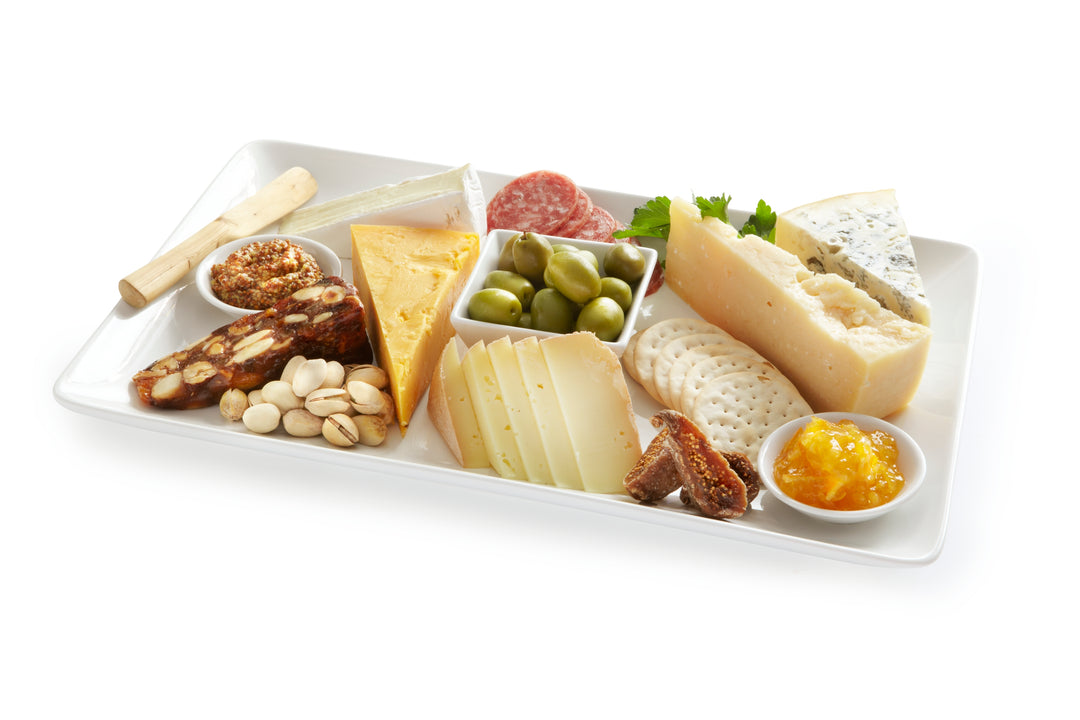
Leave a comment